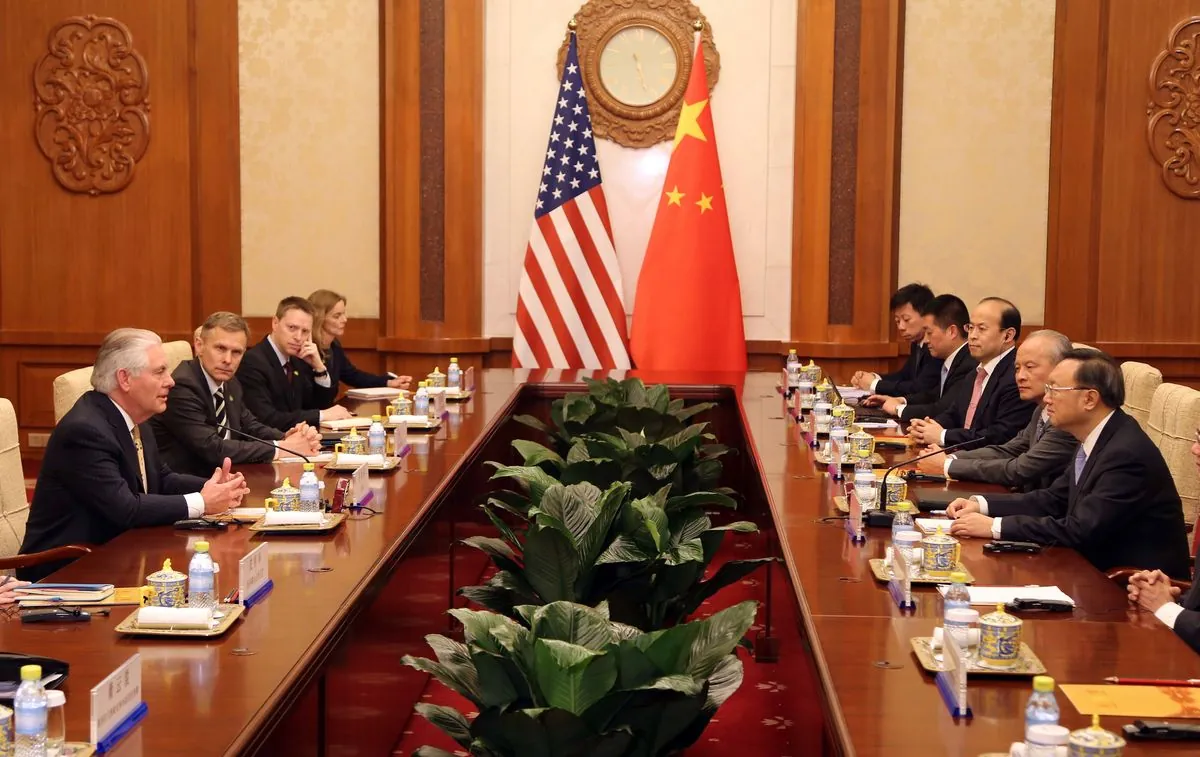Breaking news: Major shifts in Syria force China to re-think its Middle East strategy
China faces unexpected challenges after Syrian governmentʼs sudden collapse this week. Beijing must now balance its interests between emerging powers in Damascus while managing tech-wars with US

The sudden change in Syriaʼs power structure is making Beijing re-think its middle-eastern strategy. President Xi Jinpingʼs government which backed Bashar al-Assad through its ties with Russia and Iran now needs to find new ways to protect its interests in the region
The relationship between China and Syria was already complex: they made a so-called strategic partnership deal in late-23 (though investment stayed low) Beijing blocked UN votes against Damascus‚ but kept its distance during the civil-war. Now with HTS rebels taking control China needs to deal with several issues – including the safety of its citizens and concerns about Uyghur fighters among opposition forces
- Safety plans for Chinese nationals in Syria
- Dealing with new Damascus leadership
- Managing Uyghur militant situation
- Protecting existing investments
- Working with Turkey as mediator
Meanwhile closer to home‚ South Koreaʼs political scene is shaking up. President Yoon Suk-yeolʼs position looks weak after his short-lived martial law attempt; Chinaʼs keeping quiet about it though. Despite being seen as pro-US Yoon wasnt completely anti-China – he even met with Xi about a month ago
The economic front isnt looking great either: Chinaʼs dealing with ongoing deflation issues. Factory prices keep dropping and consumer spending stays low; the government now talks about loose monetary policy (something we havent heard since 08-09)
In tech-world TikTok lost its appeal against US laws that might force its sale by early-25. The apps future might depend on Donald Trump who changes his mind about banning it. At the same time China started looking into Nvidiaʼs business practices – showing how the tech-war between Beijing and Washington keeps heating up





























